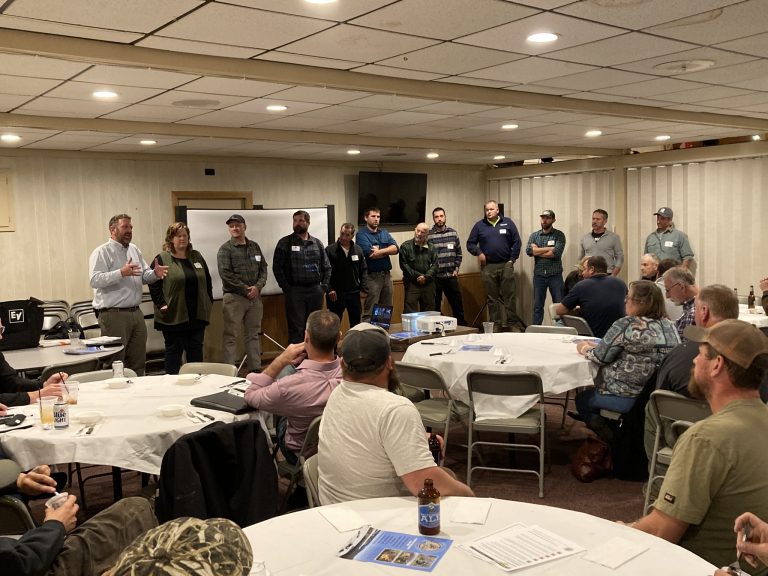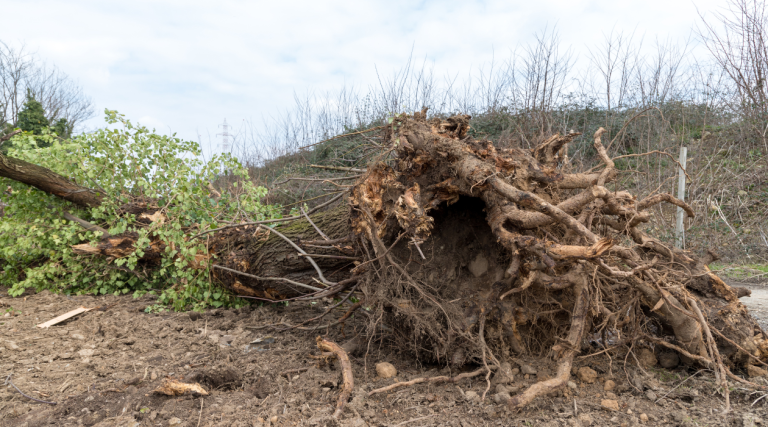PLC issues statement on Sappi investment plans for Somerset Mill
SKOWHEGAN – The Professional Logging Contractors (PLC) of Maine today issued a statement praising a decision by Sappi Ltd. to invest $165 million in Paper Machine No. 1 at its Somerset Mill in Skowhegan as a move that will benefit hundreds of Maine loggers and truckers.
The investment at the Somerset Mill is intended to expand Sappi North America’s manufacturing capabilities and increase the machine’s overall capacity and ability to produce consumer packaging products by early 2018.
“This decision by Sappi is great news for Maine’s loggers, truckers and economy,” Dana Doran, Executive Director of the PLC, said. “The Somerset Mill is a major consumer of wood fiber and an anchor for the forest products economy in our state. As other mills have closed, its importance has grown, and we applaud the vision and commitment to the future that this willingness to invest in Maine represents.”
The decision by Sappi comes as various efforts to revitalize Maine’s struggling forest economy are gaining momentum and cohesion.
For the first time, a comprehensive strategy for the state’s forest products industry is in the early stages of development through the efforts of a federal Economic Development Assessment Team task force.
At the same time, a special Commission to Study the Economic, Environmental and Energy Benefits of the Maine Biomass Industry established by the Legislature has been exploring a wide range of opportunities and strategies for the state’s biomass market and has submitted a report to the Legislature outlining recommendations for encouraging and expanding the market.
Meanwhile, the Maine Forest Service is in the process of hiring a temporary point person – or a firm – to find ways to strengthen and expand Maine’s forest economy.
The goals of these moves include sustaining Maine’s existing forest products businesses; attracting capital investments and developing greater economic prosperity in the forest products sector across the state for both existing and new businesses; supporting the revitalization of Maine’s rural communities as places where people want to live, work and visit; and supporting and encouraging development and commercialization of new and existing technologies and uses of wood fiber, including heat and power, building materials and biofuels.


